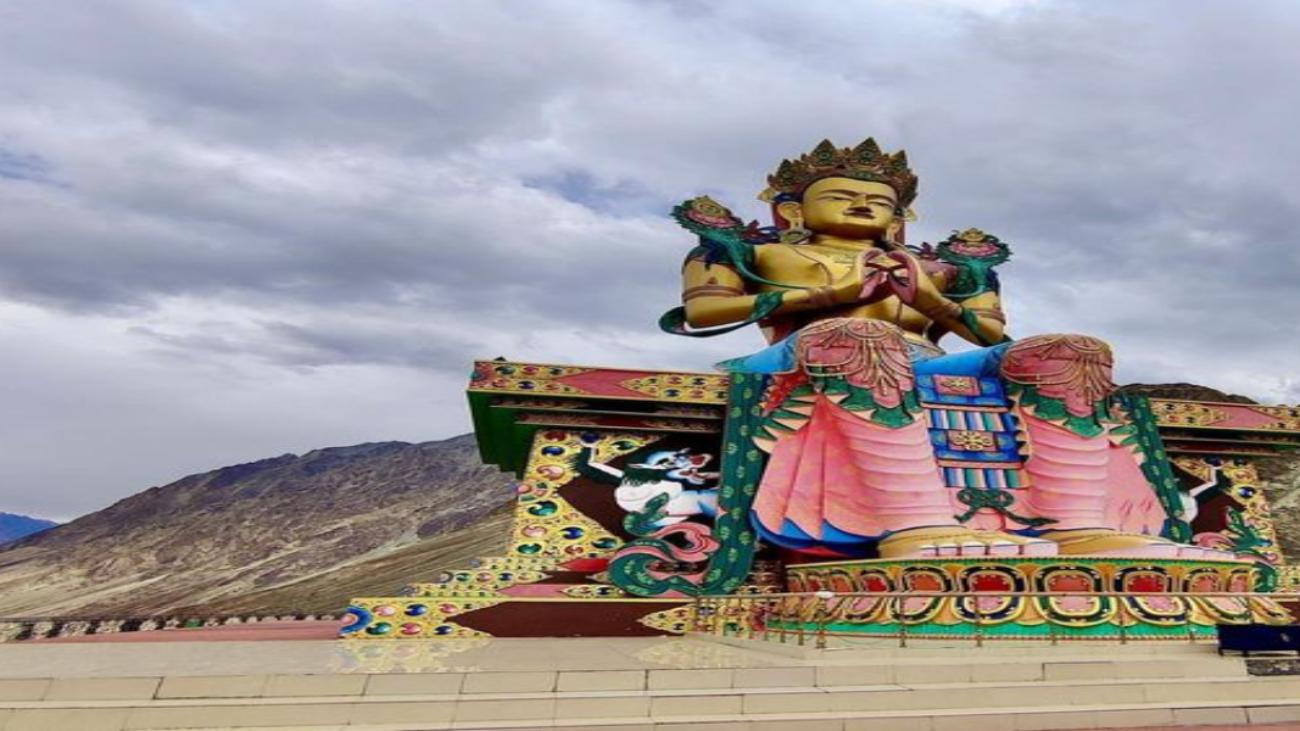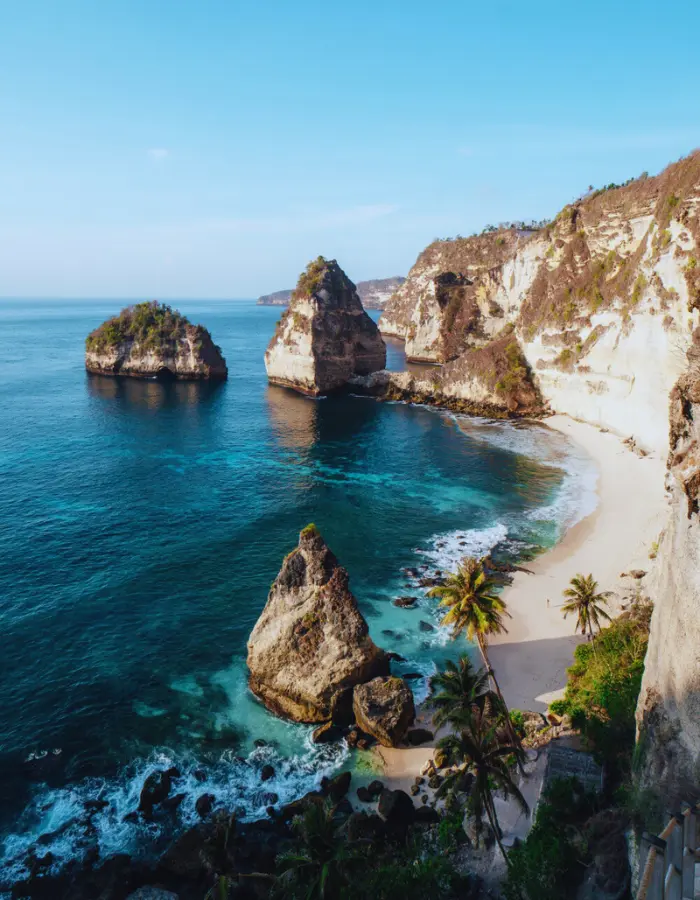Ladakh, a region known for its breathtaking landscapes, also boasts a rich cultural tapestry woven with vibrant festivals celebrated in Ladakh that honor its unique heritage. Experience the vibrant tapestry of Ladakh’s culture through its enchanting Harvest Festival, a celebration of abundance and community.
The Charm of Ladakh’s Festive Season
Ladakh, with its picturesque landscapes and serene ambiance, transforms into a vibrant hub during the festivals celebrated in Ladakh. These festivals are not just celebrations; they are a deep-rooted part of its cultural and spiritual ethos.
Each festival celebrated in Ladakh is a unique experience, showcasing the rich traditions and customs of the local communities. These celebrations are marked by colorful costumes, traditional music, and dance, offering a glimpse into the soul of Ladakh’s heritage.
Hemis Festival: A Grand Spiritual Gathering

The Hemis Festival stands out as one of the most significant and grandest festivals celebrated in Ladakh. Held at the Hemis Monastery, this festival honors Guru Padmasambhava, the founder of Tibetan Buddhism.
During the festival, monks don elaborate costumes and masks, performing sacred dances known as ‘Cham’. The monastery’s courtyard becomes a vibrant stage, filled with the sounds of traditional instruments and the sight of intricate thangka paintings.
Losar: The Tibetan New Year Celebration

Losar, the Tibetan New Year, is another prominent festival celebrated in Ladakh, marking the beginning of the lunar new year. This festival is celebrated with great enthusiasm, involving rituals, prayers, and feasts.
Homes are cleaned and decorated, and special dishes are prepared. The festival also includes traditional performances, dragon dances, and offerings to deities, symbolizing the ushering in of prosperity and happiness.
Dosmoche: The Scapegoat Festival

Dosmoche, also known as the Scapegoat Festival, is a fascinating festival celebrated in Ladakh, held to ward off evil spirits and bring peace and prosperity. The festival involves various rituals performed by monks, who create intricate ‘mandalas’ and perform sacred dances.
A significant part of the festival is the creation of an effigy representing evil spirits, which is later burnt, symbolizing the purification and protection of the community from misfortune.
Sindhu Darshan: Honoring the Indus River

Sindhu Darshan is a unique festival celebrated in Ladakh dedicated to the Indus River, one of the longest rivers in the world. This festival celebrates the river’s significance in sustaining the region’s life and culture.
People from various parts of India and abroad gather at the banks of the Indus River to pay homage. The festival includes cultural performances, traditional rituals, and prayers, emphasizing the unity and diversity of Indian culture.
Conclusion
The festivals celebrated in Ladakh offer a profound insight into the region’s rich cultural heritage and spiritual traditions. They are not just events but are integral to the community’s way of life, reflecting their beliefs, values, and harmony with nature.
Visiting Ladakh during these festive seasons provides a unique opportunity to immerse oneself in the local culture, participate in ancient rituals, and witness the vibrant celebrations that define this enchanting region.
If you’re planning to visit Ladakh during the Harvest Festival, there are a few things you should keep in mind. First, the festival dates vary each year based on the agricultural calendar, so it’s important to check in advance. The festival usually takes place in September or October, when the weather is relatively mild.
Travelers should be prepared for high altitude conditions, as Ladakh is located over 11,000 feet above sea level. Acclimatization is key to enjoying your visit, so plan to spend a few days getting used to the altitude before diving into the festivities. It’s also advisable to dress in layers, as temperatures can vary significantly throughout the day. Lastly, respect local customs and traditions, and be ready to participate with an open heart and an adventurous spirit.


